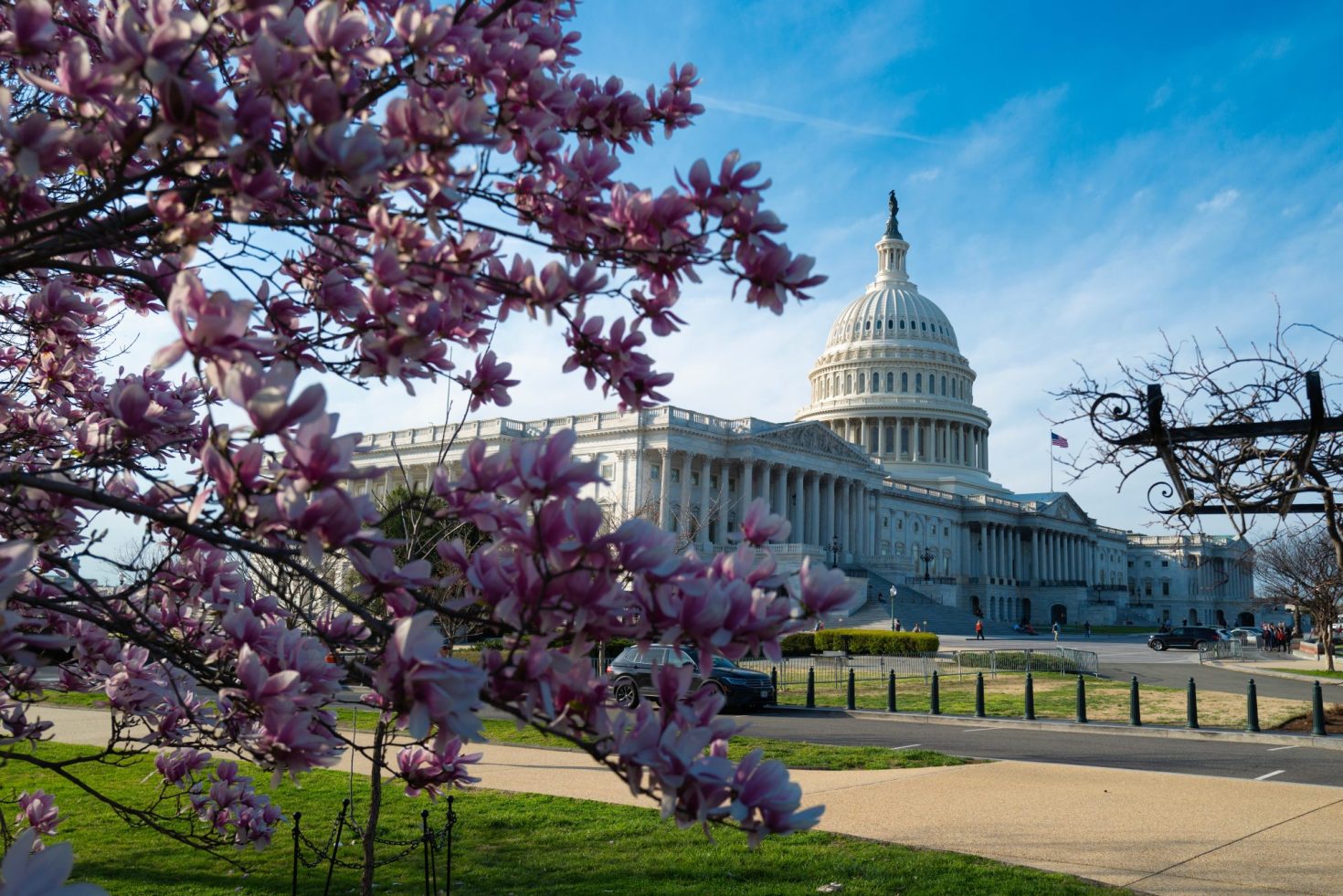Key takeaways
- Despite popular belief, conversations happening on Capitol Hill regarding clean energy tax credits and incentives are cordial, respectful and productive.
- Government affairs and sustainability teams can work closely to ensure advocacy opportunities are as high impact and low risk as possible.
- Even if lawmakers don’t care about climate change, framing environmental issues in terms of things they do care about — U.S. competitiveness, job creation and more — can transcend politics.
U.S. sustainability professionals have faced daunting challenges in the opening months of 2025. The Trump administration appears resistant to climate action and a series of executive orders and new tariffs have added to the uncertainty. All of this makes it hard to push for strong climate policies. But from where I sit, sustainability leaders have the opportunity to transcend the politics of the moment with compelling stories about the business case for long-term investments in the clean energy economy. Last month, I helped convene dozens of large companies on Capitol Hill to do just that — and I learned a lot from the experience.
In this volatile moment, here are a few ways sustainability leaders can better align their specific climate goals with their company’s policy engagement strategy:
Find strength in numbers
In March, at the outset of the ongoing budget negotiations in Washington, 80 large companies and investors took to Capitol Hill for meetings with about 100 Congressional offices, the vast majority of which were Republican, to call on lawmakers to keep federal clean energy tax credits and incentives in place. The message was direct, but the conversations were incredibly cordial, respectful and productive. Importantly, we have not heard of a single company receiving any kind of political blowback as a result.
In fact, the feedback has been quite the opposite: just days after we left D.C., 21 Republican members of Congress released a letter emphasizing their support for maintaining the incentives amid ongoing tax debates. And this month, four Senate Republicans followed up with a supportive letter of their own.
There are many ways to attribute this success, but undoubtedly one of the most important is that the large-scale, cross-sector and collective business voice created a virtuous cycle. Not only did it provide validation to lawmakers that leading companies want and need clean energy tax credits, but the multi-sector “big tent” approach creates a comfortable and safe space for businesses to direct their advocacy, further amplifying the impact. Businesses committed to climate and sustainability leadership can join cross-sectoral opportunities such as these and consider putting their name on strategic sign-on letters and other opportunities to collectively weigh in.
Link policy priorities to business goals
Climate change will affect the entire economy, so at some level all climate policies are business concerns. Bu
Read More

